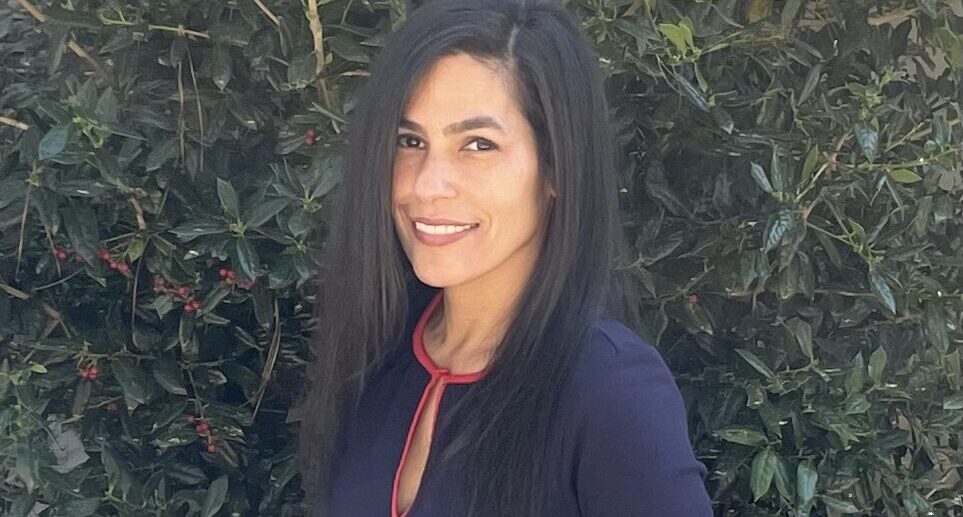Clara Stec

Clara Stec, BSC Associate
Current Degree Program: B.S. Business Administration – Entrepreneurship, Minors in Environmental Sciences and Psychology
Hometown: Oxford, Michigan
Areas of Interest in Sustainability: Corporate Sustainability, B Corps, Social Entrepreneurship, and Conscious Consumerism
What does business sustainability mean to you? What do you think sustainability should mean to businesses?
To me, business sustainability means actively understanding and adapting to the environmental, economic, and social factors surrounding an organization. To businesses, I think sustainability should mean recognizing their capacity to make a positive impact on the community and addressing the sustainability concerns of their stakeholders. I believe that businesses should see sustainability as a strategic effort, working towards environmental responsibility, social equity, transparency, and innovation.
What sustainability challenge would you most like to solve?
The sustainability challenge I am most passionate about addressing is creating more opportunities for businesses to engage in profitable sustainable practices. Many companies face significant hurdles, such as high initial investments, regulatory uncertainties, and various other limitations that hinder their sustainability efforts. I want to be involved with solutions that influence industry standards and empower businesses to achieve both economic growth and environmental stewardship.
Who do you admire for championing positive change through business?
I admire Jessica Thomas, the Director of the Business Sustainability Collaborative and the Executive Director of B Academics, for her commitment to championing positive change through business. Her efforts to educate future sustainability leaders, advance sustainability academic programs, and enhance curriculum development inspire me as I pursue a career in sustainability. Beyond NC State, Jessica promotes the B Corp movement through a global network of educators and researchers at B Academics, tackling complex challenges to effectively raise awareness of the B Corp model and shape the future of business. I am especially grateful for her passion for sustainability initiatives at NC State, particularly through the BSC Associates program, which has provided me with the opportunity to make a meaningful impact on an organization I deeply care about.
Moving forward, how do you plan to use business as a force for good?
I plan to use business as a force for good by pursuing roles that align with my values and drive innovative solutions for social and environmental challenges. After graduation, I’m looking for opportunities where I can surround myself with passionate leaders and prioritize positive outcomes for people and the planet. By leveraging my experiences and knowledge, I aim to empower others to reshape their perceptions of business, create shared impact, and inspire meaningful change within my organization and the broader community.
What do you think are some challenges with sustainable businesses or becoming a sustainable business?
With sustainable businesses, some of the biggest challenges include managing higher costs, maintaining a competitive advantage in the market, complying with sustainability regulations, ensuring sustainable supply chain practices, measuring impact, and engaging stakeholders and consumers around sustainability efforts. The challenges associated with becoming a sustainable business can be even more strenuous. For an organization to restructure itself around environmental protection and social responsibility, it must navigate a potentially intensive change management process that involves assessment and visioning, stakeholder engagement, strategy development, implementation, monitoring and measurement, communication, and continuous improvement. Whether an organization is currently sustainable or working toward becoming sustainable both situations require balancing the pressures of maintaining sustainable practices while continuing to drive profitability.
What’s your advice for fellow students who might be interested in sustainability, but don’t know where to start?
Sustainability is an interdisciplinary journey that connects with various aspects of your daily life and future aspirations. I began exploring a career path in sustainability after publishing a website called The Sustainable State of Mind and running an online vintage clothing business in my senior year of high school. Through these experiences, I discovered my passion for innovation and environmental conservation, which led me to pursue sustainability coursework, an internship with a B Corp, and work with the Business Sustainability Collaborative.
To get involved in sustainability, start by reflecting on how it relates to your current lifestyle and career goals. Then, explore educational resources—such as books, articles, research papers, videos, and coursework—on the sustainability topics that interest you. I highly recommend seeking out mentors and professionals in the field to gain insights on how to channel your passions and skills into meaningful sustainability work. Beyond individual learning, there are numerous opportunities to engage with sustainability through clubs, organizations, volunteer efforts, and internships.
- Categories:


